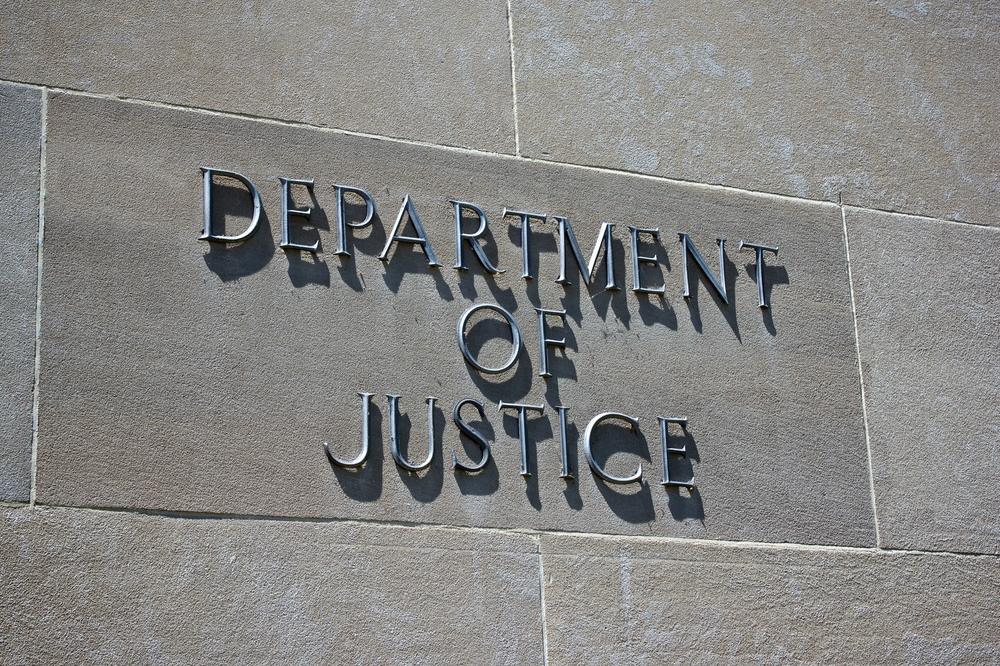Orrick’s Chris Ottenweller and Derek Knerr recently took to Law360 to review recent cases involving theories of third-party liability for trade secret misappropriation. New employees are one obvious source of potential liability if they bring to the job information obtained from their prior employer. But in recent years companies have also increasingly faced suits based on relationships with contractors and vendors. Chris and Derek offer some practical considerations to help companies mitigate potential liability in the first place.
Trade Secrets and Third Parties: Litigation Traps To Avoid











